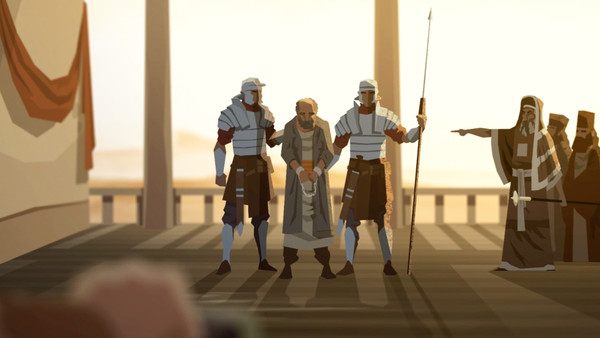
4:50

In the final video in our Acts series, we trace Paul’s final journey to Jerusalem and then into a Roman prison. But Paul’s suffering leads him into the heart of the Roman empire, where he gets to announce God’s Kingdom to the nations.
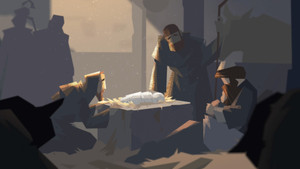
Episode 1
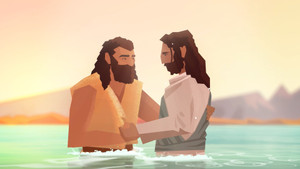
Episode 2
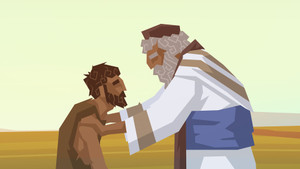
Episode 3
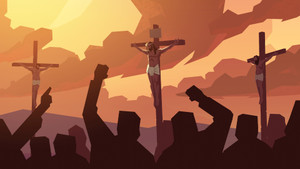
Episode 4
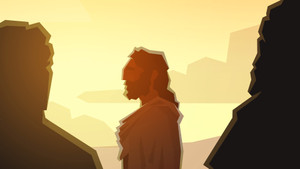
Episode 5
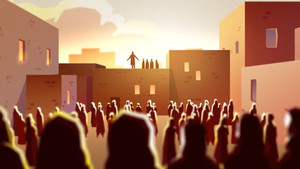
Episode 6
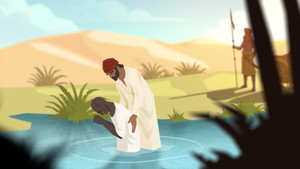
Episode 7
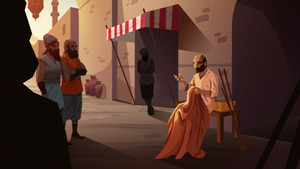
Episode 8

Episode 9